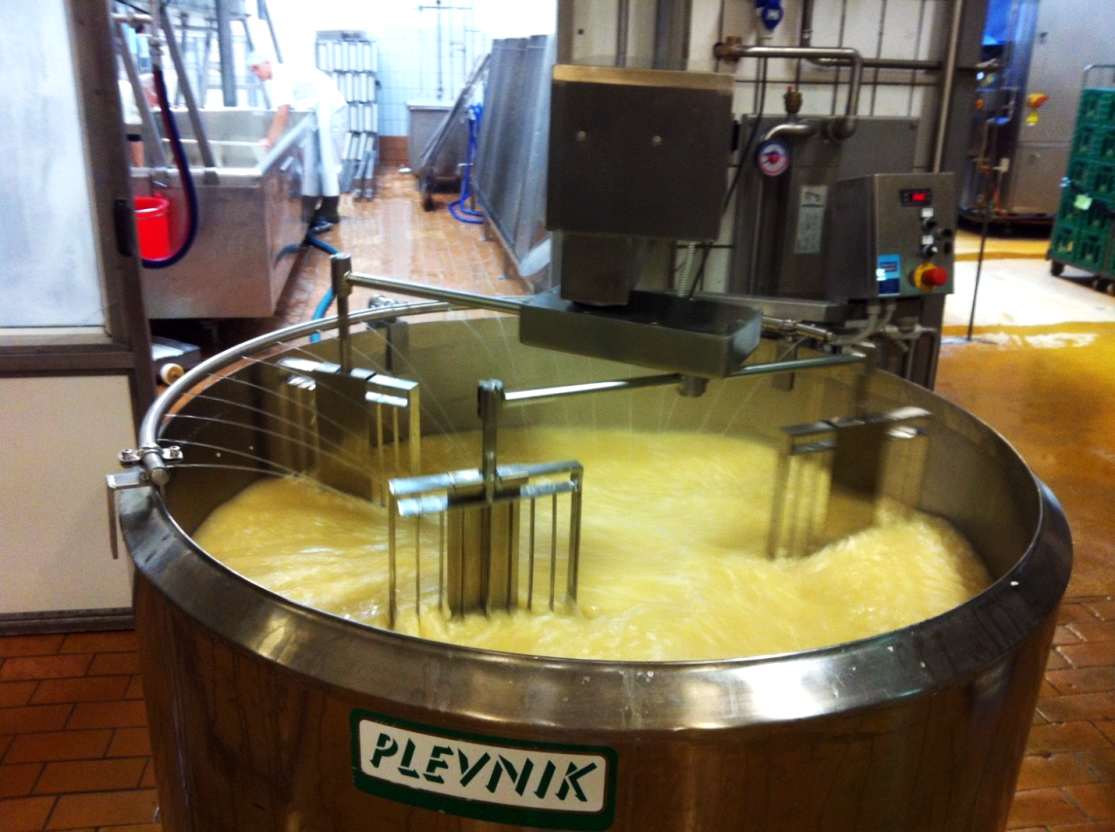Hay-milk is suitable for high-quality cheese
Hay-cheese needs neither addition of nitrate nor mechanical pretreatment of the milk due to high microbial standard. Yet, hay does not affect the fatty acid composition of the milk, and herbs in the hay do not influence the content of plant derived aroma compounds.

By Thomas Bæk Pedersen
This study of hay-cheese has been completed as a part of the EcoServe project. Hard cheeses were produced of milk from cows fed with hay that contained variable amounts of Danish herbs. In conclusion we found no differences in the content of plant derived aroma compounds in the cheeses. There were, however, some indirect differences in the microbial composition of the cheeses. Thus, in contrast to cheese made out of milk from silage-fed cows, high quality cheese can be made of hay-milk with no addition of nitrate to inhibit unwanted bacteria growth in the ripened cheese.
The aim of EcoServe
The overall aim of the EcoServe project was to increase the biodiversity in the grasslands and hence improve the living conditions of pollinating insects. Three different multispecies grass-clover fields with different Danish herbs were established in the southern part of Jutland and were used for hay production.
The different aspects of the EcoServe project have been covered in earlier ICROFS publications (1, 2). The cheeses were produced at Naturmælk, an organic dairy in Tinglev, and the analysis of the cheese was done at the Department of Food Science, Faculty of Science, University of Copenhagen.
The microbial composition of the cheeses was investigated along with the water content and pH and composition of fatty acids was determined in the milk samples. The milk used for the control cheeses were mechanically treated in order to remove detrimental Clostridium spores, which potentially can spoil the cheeses. Milk from hay-feed cows contains a very low number of these spores, and no pre-treatment was necessary.
Main conclusions from the cheese making project
- High quality cheese can be made from hay-milk
- Hay-cheese can be made without addition of nitrate and mechanical pretreatment of the milk
- The different hay-types did not lead to any differences in the content of plant derived aroma compounds
- No effect of the feed types on the fatty acid composition
- The control cheese had a different microbial profile compared to the hay-cheeses